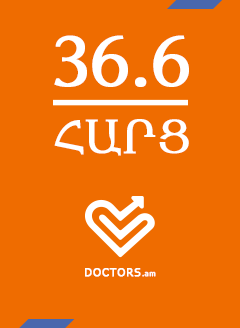Collapse is a sudden and often unannounced loss of postural tone (going weak), often but not necessarily accompanied by loss of consciousness.
If the episode was accompanied by a loss of consciousness, the term syncope is used. The main causes are cardiac (e.g. due to irregular heart beat, low blood pressure), seizures or a psychological cause. The main tool in distinguishing the causes is careful history on the events before, during and after the collapse, from the patient as well as from any possible witnesses. Other investigations may be performed to further strengthen the diagnosis, but many of these have a low yield.
Causes of Collapse
The following medical conditions are some of the possible causes of Collapse. There are likely to be other possible causes.
Faint
Syncope
Dehydration
Shock
Severe pain (type of Pain)
Severe infection (see Infection)
Fever
Septicemia
Some lung conditions causing collapse include:
Pulmonary embolism
Pneumothorax
Collapsed lung
Some metabolic conditions causing collapse include:
Diabetic ketoacidosis
Addison's disease
Addisonian crisis
Some possible causes of collapse plus abdominal pain include:
Gastroenteritis
Peptic ulcers
Inflammatory bowel disease
Crohn's disease
Ulcerative colitis
Pancreatitis
Gall bladder disease
Ectopic pregnancy
Intestinal obstruction
Intestinal ischemia
Drug overdose
Alcohol overdose (see Alcohol use)
See also causes of fainting, syncope, shock, coma
Stokes-Adams attack
Cardiac arrhythmia
Heart block
Cardiac tamponade
Tension pneumothorax
Conversion disorder
Myocardial infarction
Anaphylaxis
Cerebrovascular accident
Subarachnoid haemorrhage
Hypoglycaemia












